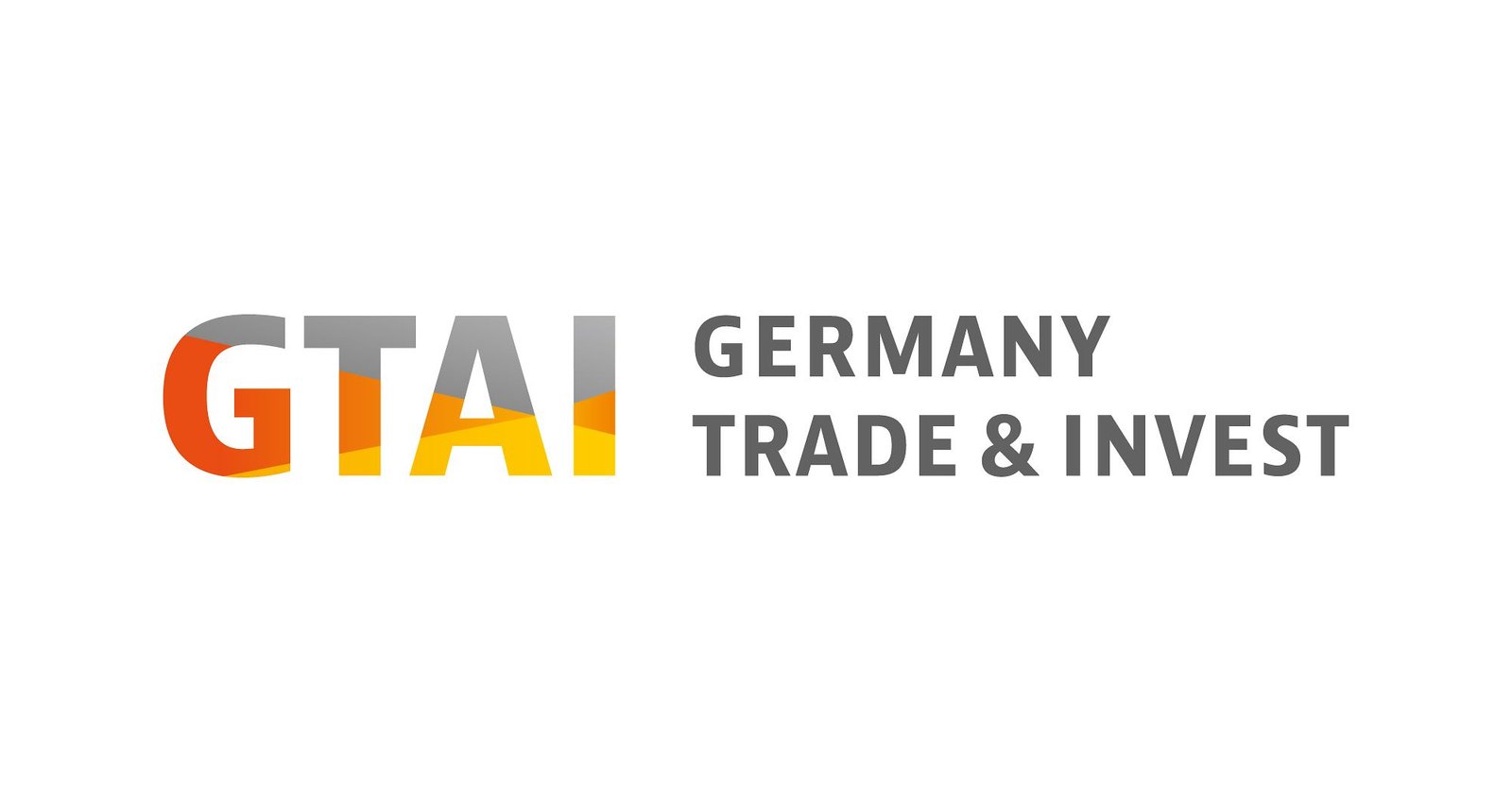On April 6, 2025, Friedrich Merz was inaugurated as Germany’s tenth chancellor, leading a coalition between his conservative CDU-CSU alliance and the center-left SPD. This coalition, bound by a 144-page agreement, prioritizes business growth and economic competitiveness, significantly impacting the renewable energy sector.
The new government aims to stimulate the economy by unleashing substantial investments, notably through a €10 billion ‘Germany Fund.’ This fund is designed to attract an additional €90 billion in private investments, focusing on innovation and supporting small and medium-sized enterprises (SMEs) in the renewable energy landscape. According to Julia Braune, CEO of Germany Trade & Invest (GTAI), this state-backed initiative is expected to address financing challenges faced by innovative companies, allowing them to scale effectively.
Moreover, the coalition agreement includes provisions for an extra €100 million earmarked specifically for climate-related investments, part of a broader strategy to promote Germany’s transition to renewable energy sources. The government’s constitutional amendment enabling substantial new credit lines enhances its ability to fund these initiatives, potentially adding €500 billion to the budget for future investments.
A key aspect of the coalition’s strategy is the commitment to affordable energy prices. The government plans to cap fees for energy grid usage and introduce relief measures for energy-intensive industries. Additionally, it will streamline the permitting processes for renewable energy projects, such as wind and solar installations, to accelerate their deployment.
The geopolitical landscape has shifted following the ongoing conflict in Ukraine, prompting Germany to prioritize national security and defense. This shift has led to increased defense spending, with EU member states projected to invest around €326 billion in defense in 2024 alone. The emphasis on defense and security is expected to create opportunities in sectors like AI security applications and cyber security, which could intersect with renewable energy technologies.
In 2024, Germany attracted 1,724 expansion projects from international companies, valued at over €23 billion, despite a slight decline from the previous year. This trend indicates a robust interest in the German market, particularly in digital sectors and renewable energy. The government’s commitment to fostering a conducive environment for foreign direct investment aligns with its objectives to build a strong industrial base and support SMEs.
Recent developments include a €6 billion expansion by chipmaker Infineon in Dresden, receiving €920 million in state support. This project underscores Germany’s ambition to enhance its microelectronics supply chains while maintaining a focus on sustainable technologies. Additionally, the Hessen region’s €1 billion investment fund aims to finance innovative startups, further promoting growth in renewable sectors.
The new government’s strategies are designed to mitigate bureaucratic hurdles. For instance, it plans to establish a ‘one-stop-shop’ online platform that consolidates business registration processes, allowing new companies to register within 24 hours. This initiative aims to reduce red tape and promote innovation.
Overall, the coalition’s focus on economic growth, investment in renewable energy, and reduction of bureaucratic barriers signals a proactive approach to enhancing Germany’s position in the global renewable energy market. By fostering a favorable investment climate and prioritizing sustainable initiatives, the government seeks to bolster both its energy transition and economic resilience.




